Over the course of hundreds of conversations about relationships, Iona Lawrence identified a shared challenge around measurement: We don’t know how to measure relationships or whether the game of measurement is futile.
In this blog, we seek to kickstart a generative conversation around the question of how we capture the added value of a relationship-centred approach, and whether this is a useful pursuit. We’d love to hear your experiences, challenges and ideas.

We are collectively in a place where the question of how best to measure or value relationships is deeply contested. For some people measurement is the most important shared challenge anyone interested in relationships has: if we can get better at consistently measuring the impact of relationships we might be able to nudge the skeptics away from believing that relationships are ‘fluffy’ or a nice extra.
Yet for others the act of measuring the value of relationships on terms set by funders or commissioners can threaten the very essence of them.
Wherever you are, a huge amount of energy is poured into the question of how we articulate the value of relationships, and this is threatening our resolve.
Let’s open up the question of how we measure relationships and see whether, together, we can make some progress.
What?
What are we trying to measure or assess when it comes to relationships? Why? What and who are we doing this for?
1. Relationships themselves: sometimes, we might want to measure relationships themselves, whether individual relationships or networks of relationships. We may seek to understand where they are strong, where they are weak, where they are missing. Doing so will help us to see where our relationships need a little nurturing, and where bridges need to be built.
2. The added value of relationships: we might want to measure the outcomes of good relationships or relationship-centred ways of working. Doing so would help us to demonstrate the things good relationships enable us to achieve (better health, greater happiness, higher grades etc) and prove the value of relational work to skeptics and non-believers.
3. Relational practice: at other times, we might wish to look inwards at our practice to assess the extent to which our methods, culture, values and approach enable good relationships to thrive. Doing so would help us improve our relational practice.
What are you seeking to measure when it comes to relationships? Why? Who is the assessment for and what do you hope it will achieve?
How?
How should we go about trying to measure relationships? What are the risks and challenges? What approaches work best or have potential? Where can we look to for inspiration?
Too many commissioning contracts require the completion of impact surveys which, in their deficit-based questioning, can strip people of their agency rather than recognise the power in people’s stories. Too many loneliness measures are academic, remote and cold. Many of these tools perpetuate division and isolation, rather than measure it, much less solve it.
How do you approach measurement and evaluation? Which methods seem to work well and which don’t?
To what end?
How do we then bring what we find and learn about the value of working in relational way together to tell a compelling story and convince others that this is the road we must all travel?
One critical task is not simply to commission new evidence to fill the gaps, but to pull the evidence together better. There’s a job to be done to distill existing evidence sets and disseminate knowledge that emerges in a more coherent and confident way
To strengthen our case we need to double down on the ‘so what’ of relationships. We must surface the evidence of the longer term impact of good relationships. What do good relationships mean and achieve in the long run?
What difference do strong and meaningful relationships make in your organisation or community? What do they enable you to achieve which would’t otherwise be achieved?
Join us
On Tuesday 8th June we’ll be exploring these questions in an open conversation. Together we’ll:
- Share what we’re trying to measure when it comes to relationships
- Explore the challenges and key considerations of measuring relationships
- Share ideas and approaches to doing so in a sensitive, human-centred way
We’d love it if you’d join us.
Read more
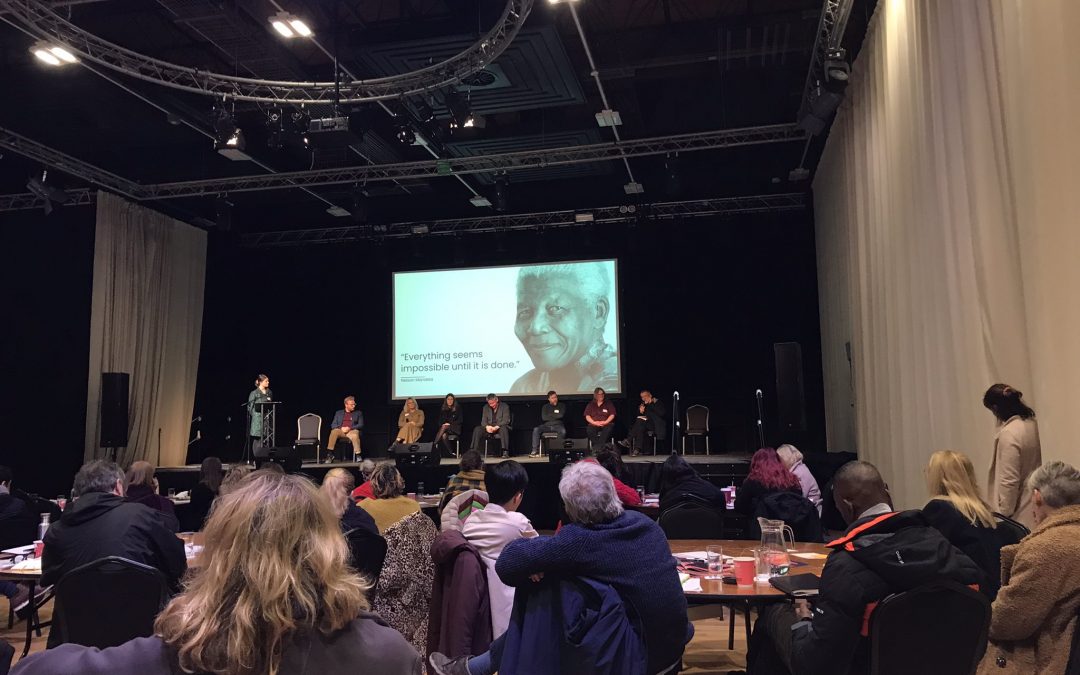
The magic of finding my peers of relationship-centred practitioners
In brief On the 23rd November 2022, 80 relationship-centred practitioners came together at Northumbria University to unpack the how, what and why of relationship-centred practice. We shared some of our key takeaways in this letter and, here, Fabian Pfortmüller...

A letter from Northumbria
In brief On the 23rd November 2022, 80 relationship-centred practitioners came together at Northumbria University to unpack the how, what and why of relationship-centred practice. It was a fantastic day, full of warmth, emotion and hope. Here, we offer our reflections...

What is relationship-centred practice?
In brief Language matters. Words shape ideas and ideas shape action. We often use the words relationship-centred practice. In this blog David discusses his understanding of the phrase. This is a discussion piece with a set of working definitions and assumptions. We...

INVITATION: Join our 2 year plan for a 20 year vision to move relationships from the margins to the mainstream
In brief It’s been a while (almost 18 months!) since we first shared our application to the Lottery’s Bringing People Together Fund to help strengthen and grow the field of relationship-centred practice. We're delighted to say that our application was successful and...

If not now, when?
In brief Ofgem confirmed the increase in the energy price cap on Friday August 26th 2022. We now know that, without substantial help, galloping fuel bills, combined with inflation, will push 45m Britons into fuel poverty by the end of the year. David Robinson...
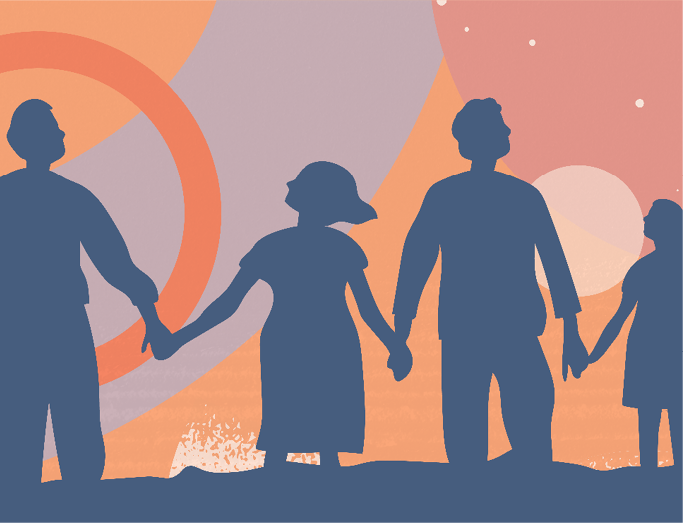
Honouring, celebrating and exploring the voices of young people
In brief On 27th July 2022, we co-hosted an event with Save the Children to celebrate and explore the stories that young people shared with us through The Lookout. We were joined by two of our Chief Listeners - Mete Coban and Kirsty McNeil - who shared their...
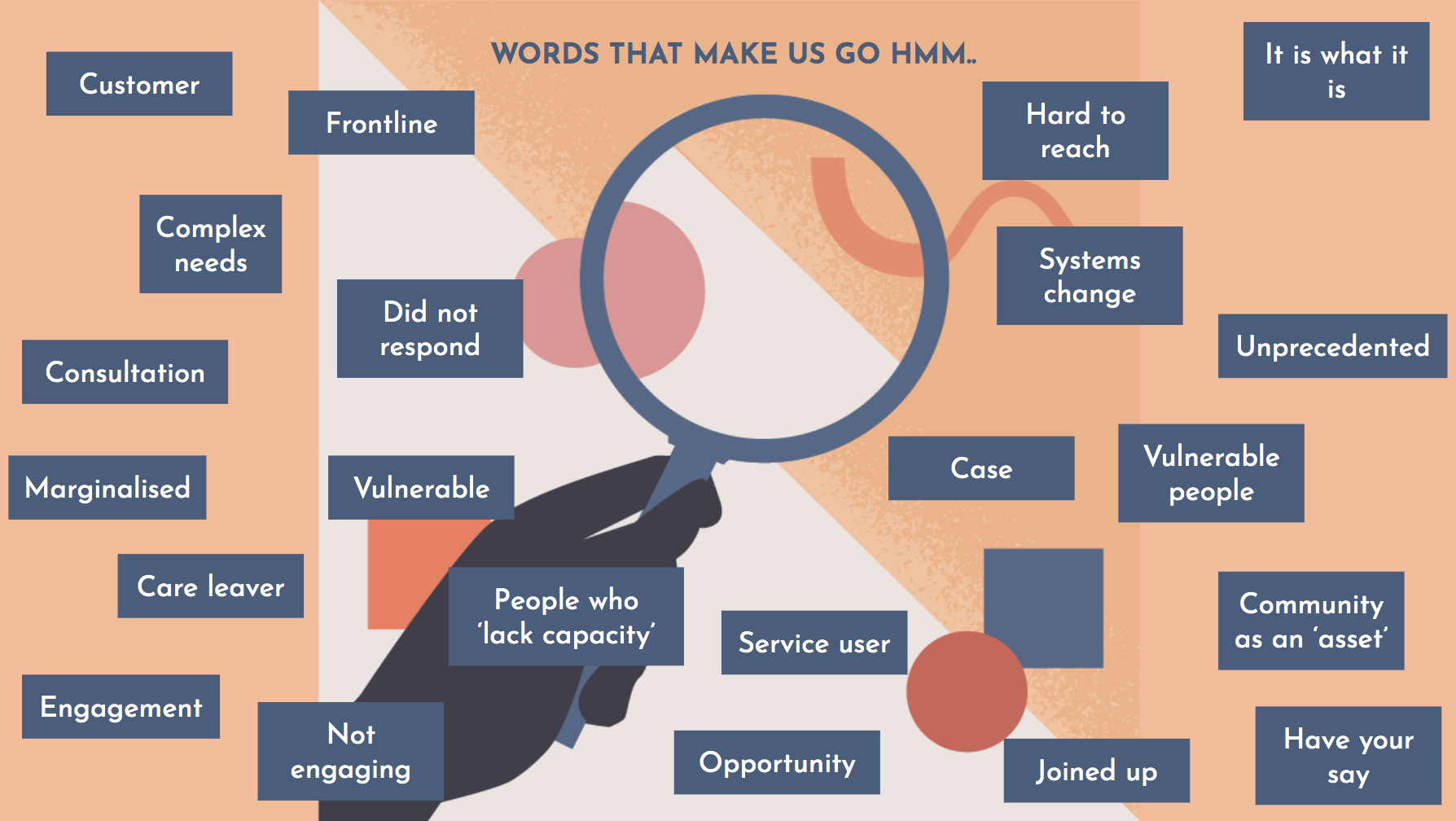
Relational Councils: Developing a more relational language
Our third Relational Councils Convening took place on 25th April 2022, co-hosted by LBBD. Bryony Shannon, author of the excellent blog Rewriting Social Care and Strategic Lead for Practice Development at Doncaster Council, shared her thoughts on why language matters,...
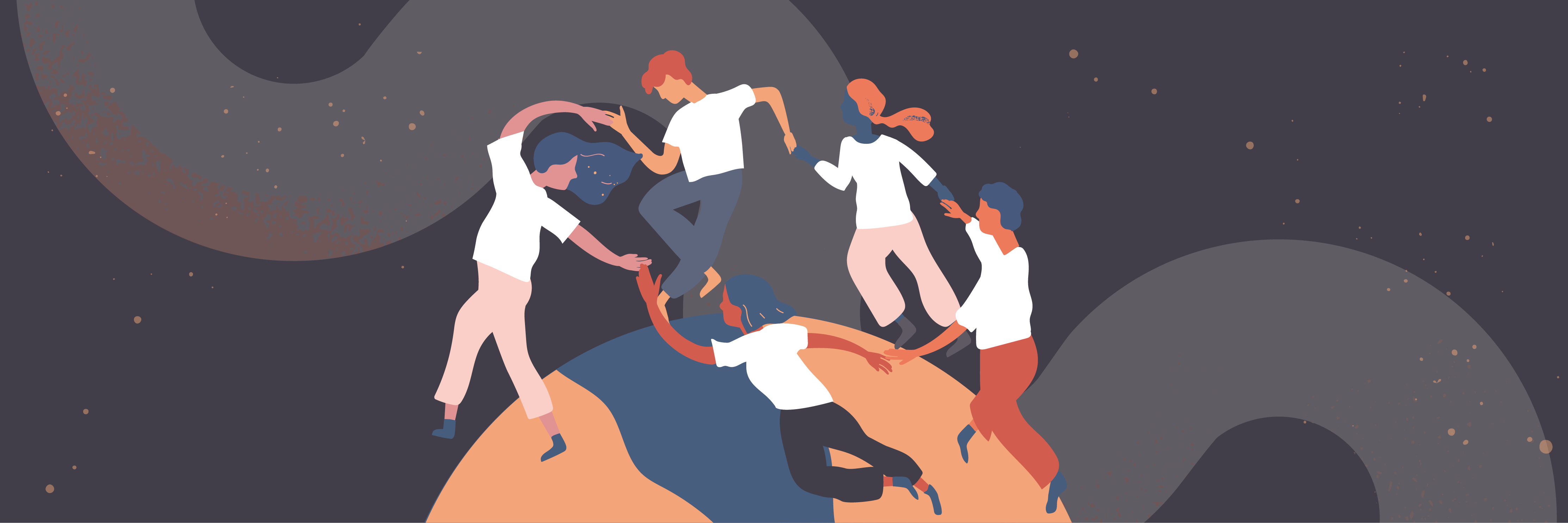
Building connections to tackle our cultural isolation
In this blog Isabella McDonnell shares her thoughts on how deepening our understanding of home, identity and belonging can help our relationships to flourish. Isabella is a dispute resolution paralegal and future polyglot, exploring the intersection of psychology,...
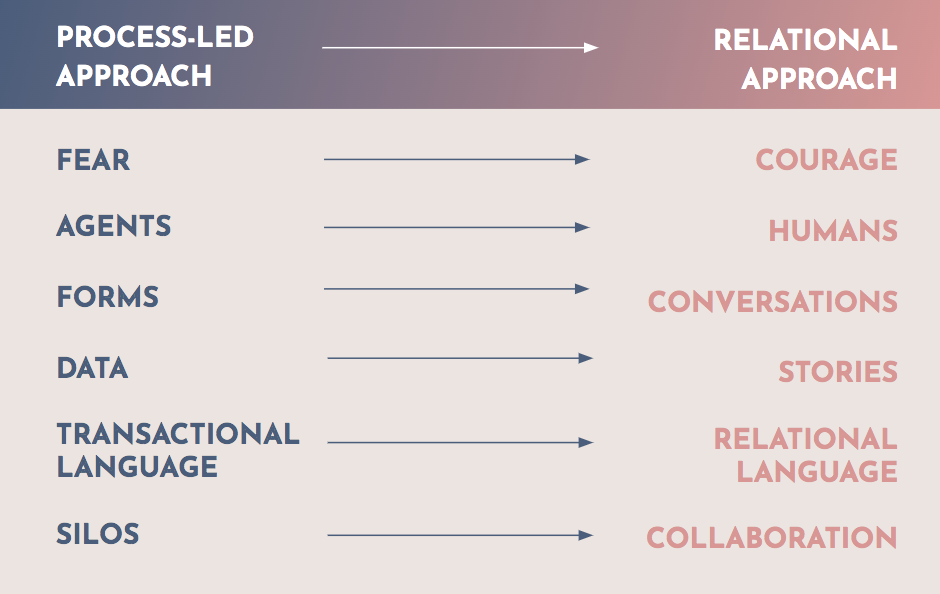
From process-led to relationship-led: Moving towards more relational Councils
On 14th February, in partnership with LBBD, we hosted our second relational councils convening. In this session, we asked: How could we see relationships as a solution to statutory duties, not as incompatible with them? Our next convening, taking place on 25th April,...
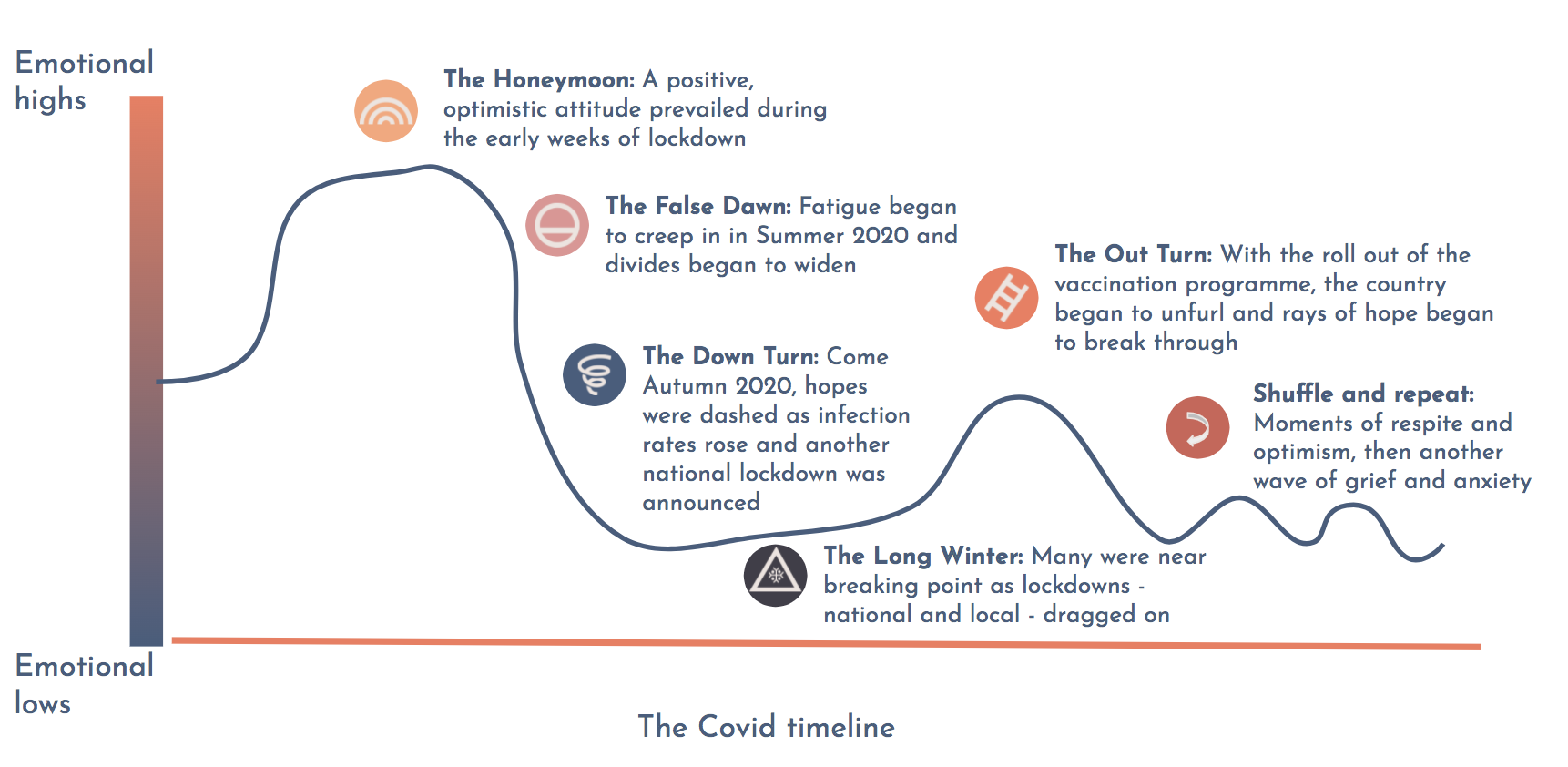
Where are we now?
In brief In this milestone blog David Robinson takes the temperature as we approach the second anniversary of Covid 19. The UK is stuck in a pattern of “shuffle and repeat” with fears for the future, but also the possibility of hope.The past two years have caused...
